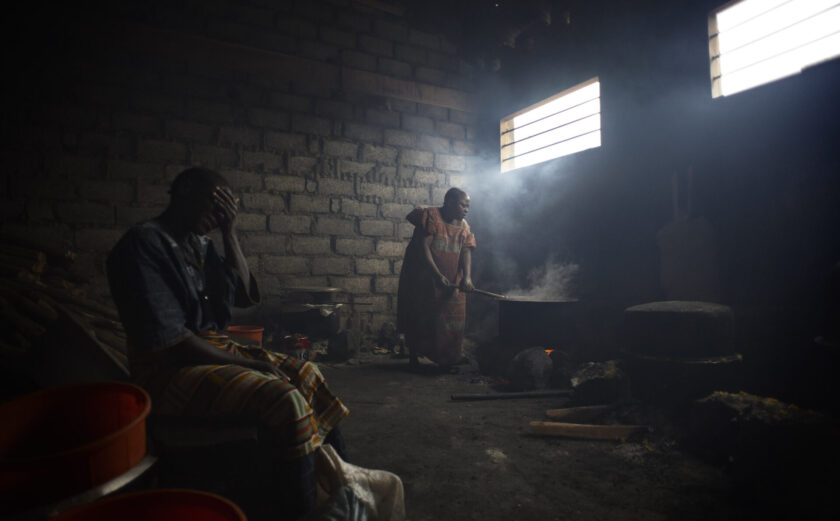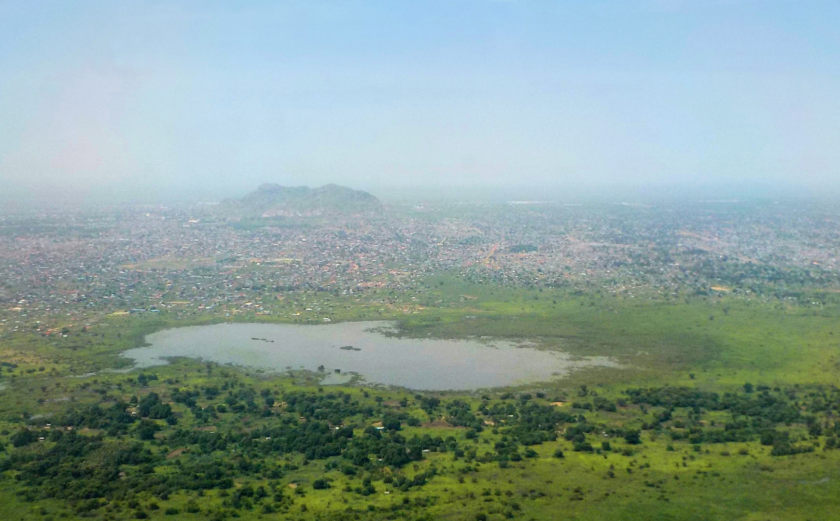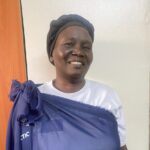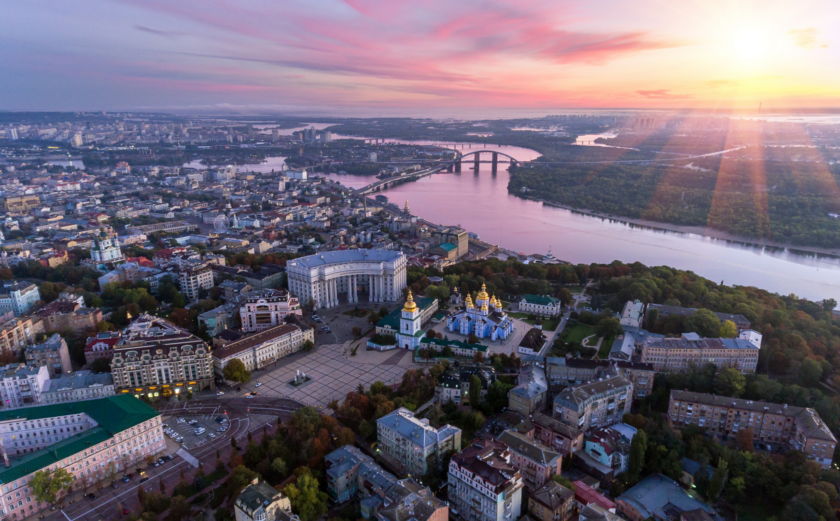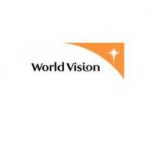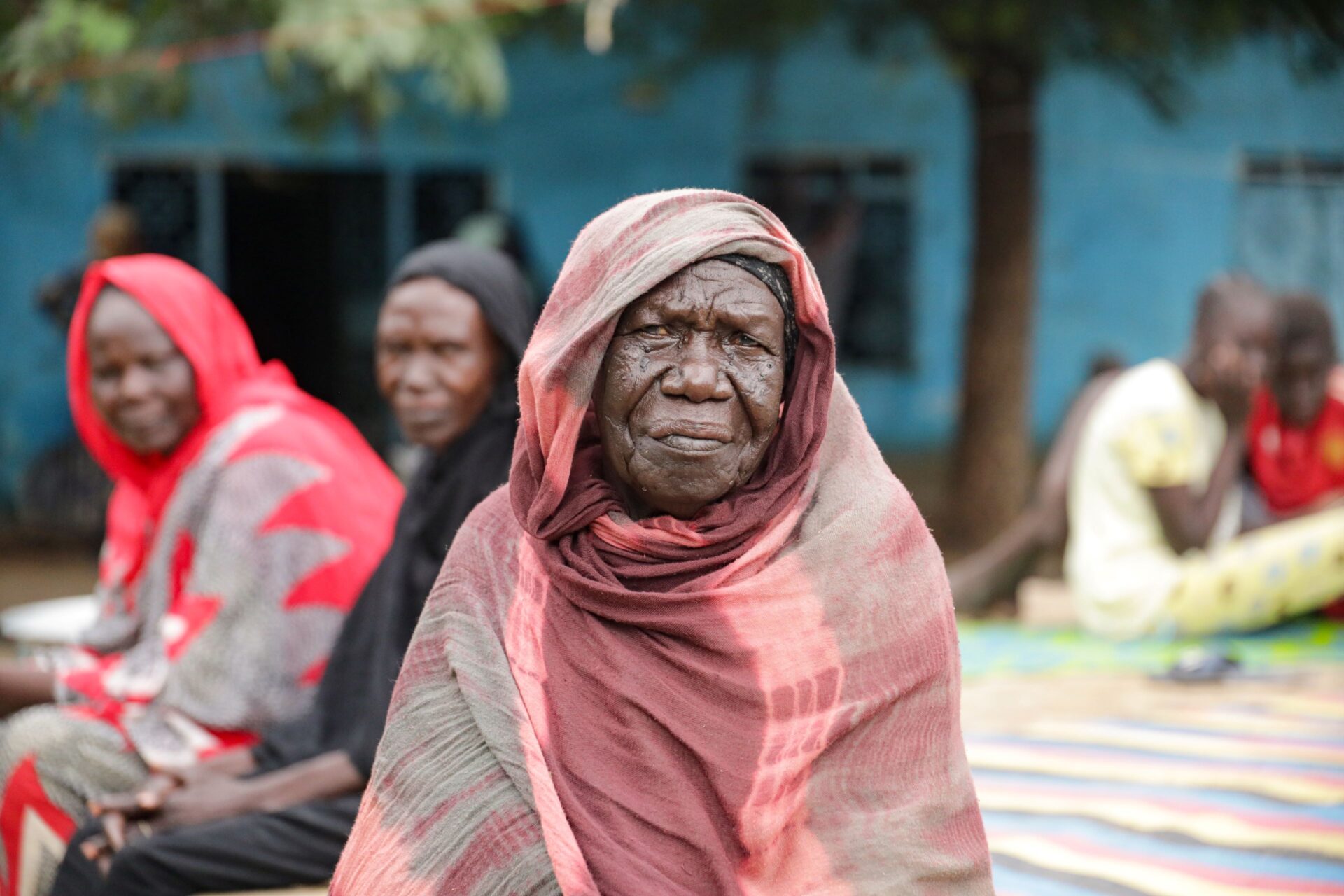
GBV and Women-Led Responses in Sudan
Sudan is witnessing an unprecedented protection crisis marked by widespread internal displacement, ongoing conflict, and severe violations of international humanitarian law. Women and girls have faced significant violence since April 15, 2023—the outbreak of the conflict—including conflict-related sexual violence (CRSV), early marriage, and domestic violence.
However, women-led organizations have demonstrated the impact of a women-led response, particularly by seeking to reach those most in need despite significant access restrictions and a declining funding landscape.
Rates of GBV
Alarming levels of gender-based violence (GBV) have been documented both in Sudan and in neighboring countries receiving refugees. While previous levels of GBV in Sudan were significant, as the use of sexual violence as a weapon of war has been documented since the early 2000s, CRSV starkly increased over the last year among individuals fleeing from conflict zones.
Humanitarian organizations report women and girls being kidnapped from cities, including Khartoum, and being forced into prostitution or forced marriages with fighters. Rape, sex work, and ethnically-targeted sexual violence has been prevalent. However, survivors report a fear of reporting cases to local authorities due to stigma, distrust of the justice system, and fear of reprisals. This has meant that existing reports capture only the tip of the iceberg of GBV in Sudan as reporting has been exacerbated by significant challenges accessing survivor-centered services due to limited access and funding.
As in many humanitarian crises, domestic violence, intimate partner violence, and trafficking have also risen as a result of diminishing resources, displacement, and increased friction within and outside homes. Girls are being married at a lower age as a negative economic coping mechanism among families. Local organizations reported increased rates of child, early, and forced marriage and highlighted the impact the conflict has had on the displacement of children and their protection. Additionally, while the majority of GBV cases involve female survivors, protection agencies have reported firsthand accounts of GBV cases involving boys under the age of 10.
Role of Women-Led Organizations
Women-led organizations (WLOs) and women’s rights organizations (WROs) play a crucial role in Sudan’s response, not only by providing direct assistance, but also by serving as a voice for Sudanese women and girls who bear the brunt of the conflict’s negative impacts, including violence and poverty. These organizations often provide a broad range of services, all of which aim to support women and girls in meeting their basic needs.
One WLO, Raira Organization for Awareness, explained: “We are supporting displaced women throughout our response … We provide basic health services and food assistance, and advocate for women’s rights in IDP host sites. We support women in covering medical consultation fees, and provide NFIs, water tanks, and dignity kits.”
Sudanese WLOs are often the first point of contact for GBV survivors because they are trusted in their communities. As another WLO, Waad Organization for Development, explained: “We have direct contact with local communities and displaced people, and we are the frontline responders.” This level of local knowledge is crucial for ensuring that all people in need, but especially GBV survivors, feel comfortable seeking assistance when they need it.
Even with their familiarity with the community and impressive level of impact in the face of GBV, food insecurity, and displacement, support for WLOs has lagged. WLOs reported that funding was the main barrier to their work and that the lack of access to long-term funding streams made their futures feel uncertain, which has resulted in operations being forced to downsize. Protection funding—which encompasses GBV prevention, mitigation, and response—for the 2024 Humanitarian Response Plan (HRP) as only been funded at 6.7% as of April 2024.
Recommendations
In order to help women in need, support must be provided to the women who help them. Thus, it is critical that the U.S. government enables WLOs and WROs in Sudan to equitably access quality, flexible funding as directly and quickly as possible, including through pooled funding mechanisms. The U.S. government should prioritize GBV prevention and response as life-saving services in funding and decision-making and scale up funding in standalone GBV programming and integrated across other sectors. Lastly, the U.S. government should utilize its diplomatic leverage to advocate for uninterrupted access in hard-to-reach areas, including through cross-border response in Sudan and neighboring countries.
About the Authors
Caroline Zullo is Program Manager for Protection at InterAction.
Ellen Bevier is Senior Humanitarian Policy Advocate at CARE.
The views expressed in this article are the writers’ own.
—
For information regarding the blog series or InterAction’s Sudan Working Group, please reach out to Mais Balkhi at mbalkhi@interaction.org.
For media inquiries, please contact Mitch McQuate at mmcquate@interaction.org.


